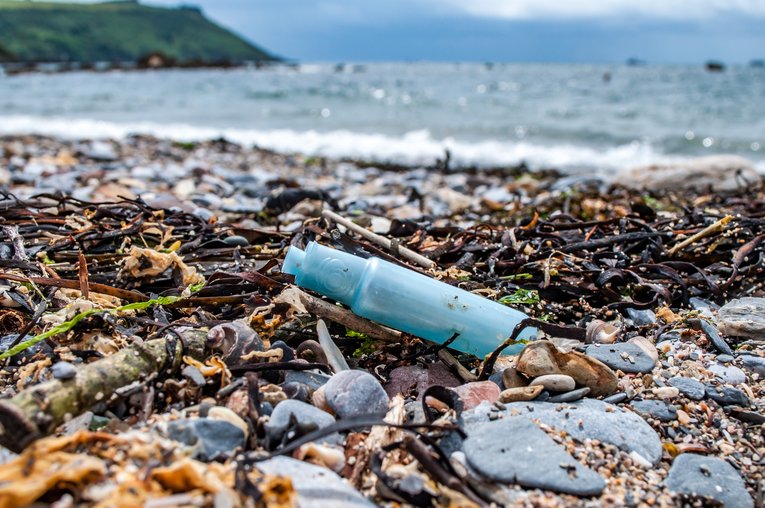Environment
The Urgent Need for a Circular Economy to Protect Our Oceans

From the air we breathe to the food we eat, the ocean plays a crucial role in sustaining life on Earth. Its cycles, from the water cycle to the migration routes of whales, turtles, eels, and salmon, connect us all. However, our economic model starkly contrasts with this natural harmony. We live in a predominantly linear economy characterized by a “take, make, dispose” approach, which consumes our planet’s finite resources and drives us deeper into climate and biodiversity crises.
We take, make, and throw. Take, make, and throw. Take, make, and throw.
For the sake of convenience, this shortsighted economic model has led to the climate and biodiversity emergencies our blue planet now faces. The ocean bears the brunt of this failing system, from oil and chemical spills during resource extraction to plastic waste causing death by entanglement and ingestion. It is imperative that the next UK government initiates a bold shift from a linear to a circular economy, where reusing, repairing, and refilling become the norm, and nothing is wasted or leaked into the natural world.
Steps Toward a Circular Economy
Recent efforts to reduce parts of our throw-away society show promise. The introduction of the carrier bag charges across the UK has led to a significant decrease in single-use plastic bags, as observed by Beachwatch volunteers. Additionally, bans on certain single-use plastic items such as cotton buds, bowls, and cutlery, along with commitments to remove plastic from wet wipes, have yielded positive results.
A critical policy to further this transition is the deposit return scheme for bottles and cans, slated for implementation in 2027. We urge the next UK government to expedite this process and pave the way for a more circular society. This scheme, which incentivizes returning bottles and cans for a deposit, could evolve into a refillable system, significantly reducing waste.
However, a fundamental shift is needed away from models that only encourage more recycling. We cannot recycle our way out of the current crisis. Instead, we need to adopt the “Reduce, Reuse, Recycle” mantra, emphasizing reducing and reusing before recycling.
Supporting a Reuse Revolution
We call on the next UK government to back a ‘Reuse Revolution’ with ambitious targets and industry support for schemes such as refill, return, and reuse. For instance, policies to reduce single-use coffee cups could include implementing charges to discourage their use, offering discounts for using personal cups, and establishing a national reusable cup scheme.
To ensure a safe circular economy, it is essential to consider the chemicals used in products. Harmful chemicals have no place in a safe circular economy and must be addressed in the development of the UK Chemicals Strategy.
A Call to Action
The next UK government must emulate the ocean’s resilience and resourcefulness. By choosing to reuse and ensuring nothing goes to waste, we can protect our blue planet for future generations. This shift is not just about environmental stewardship; it is about securing a sustainable and prosperous future for both people and society.








